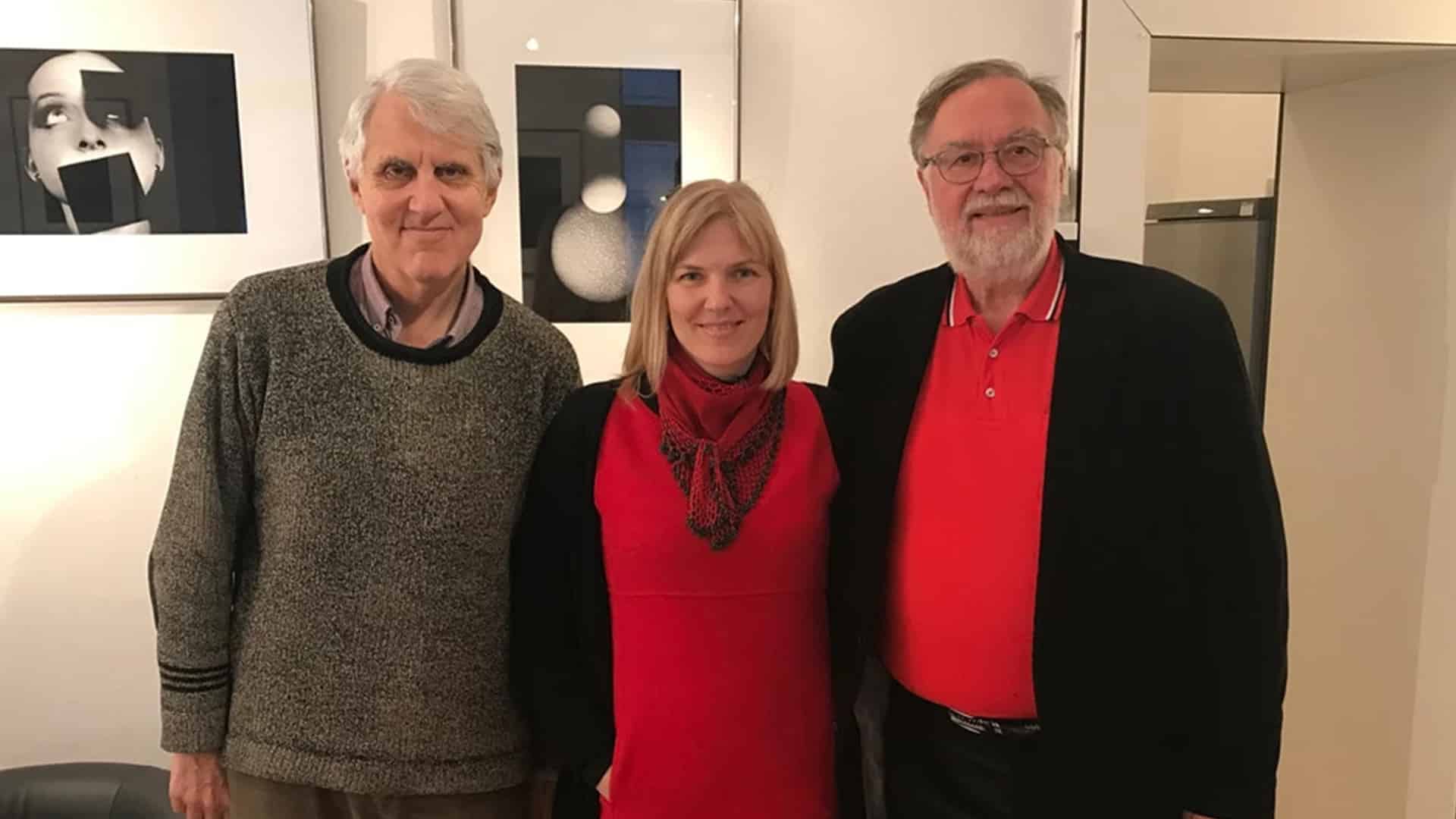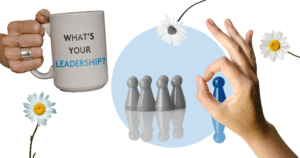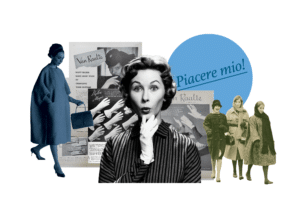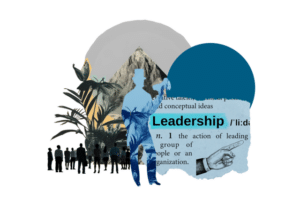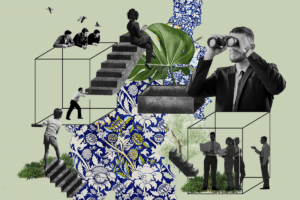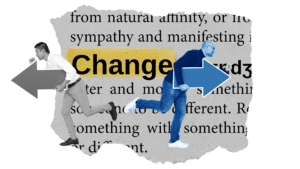John Favaro, Anja Puntari and Guenter Koch, founding members of GRASP Network in Vienna in 2018.
Performant by SCOA joins as a sponsor in the Symposium of GRASP Network at the Austrian Pavilion in Dubai EXPO 2021-22 Connecting Minds, Creating the Future. Interview with Guenter Koch President and Anja Puntari Vice President of GRASP Network.
GRASP network is a non profit association based in Vienna that uses artful thinking to bring forth new forms of generation of meaning and knowledge in the ever-changing contemporary context. Guenter Koch, on the occasion of the Dubai EXPO you are bringing art to the Austrian Pavilion. Briefly, what is the project about?
GK: GRASPnetwork’s mission is “to make the invisible visible” using art objects as an insight-fostering and inspirational momentum. Today’s social and economic life is becoming more and more immaterial – think of finance, software, media scripts etc. Many of these new “worlds of perceptions in our working” for most of us are hard to conceive and to “grasp”. The exhibition which we bring to the EXPO is an attempt to trigger considerations and discussions about future scenarios in the global new and uncertain world after the pandemic. This is the reason why Martin Baasch, the curator of the show, entitled the physical exhibition in Dubai “Doubtful Practices / Practices of Doubt”.
Besides a physical art show that takes place in the Austrian Pavilion at EXPO in Dubai you also organize a symposium, a conference with great Keynote speakers like Julian Nida-Rümelin and Peter Weibel and many others. What is the specific nature of this on-line conference?
GK: Originally we planned to run a series of workshops on location in the Austrian Pavilion in Dubai following the methodology of what we call “Knowledge Huddles”, a practice where people join a co-reflection process on a specific topic facilitated by the use of Art in order to think in a more creative way. The conditions caused by the pandemic forced us to virtualise these events, having them take place after the exhibition period. Using teleconferencing makes it possible to expand from three “K-huddle workshops” preceding the main events to three conference sessions combining keynote speeches and roundtable discussions – with high-profile contributors as you mention. The virtual format gives us a high degree of flexibility in organising the sessions, and, more importantly, allows for a broader and more global participation.
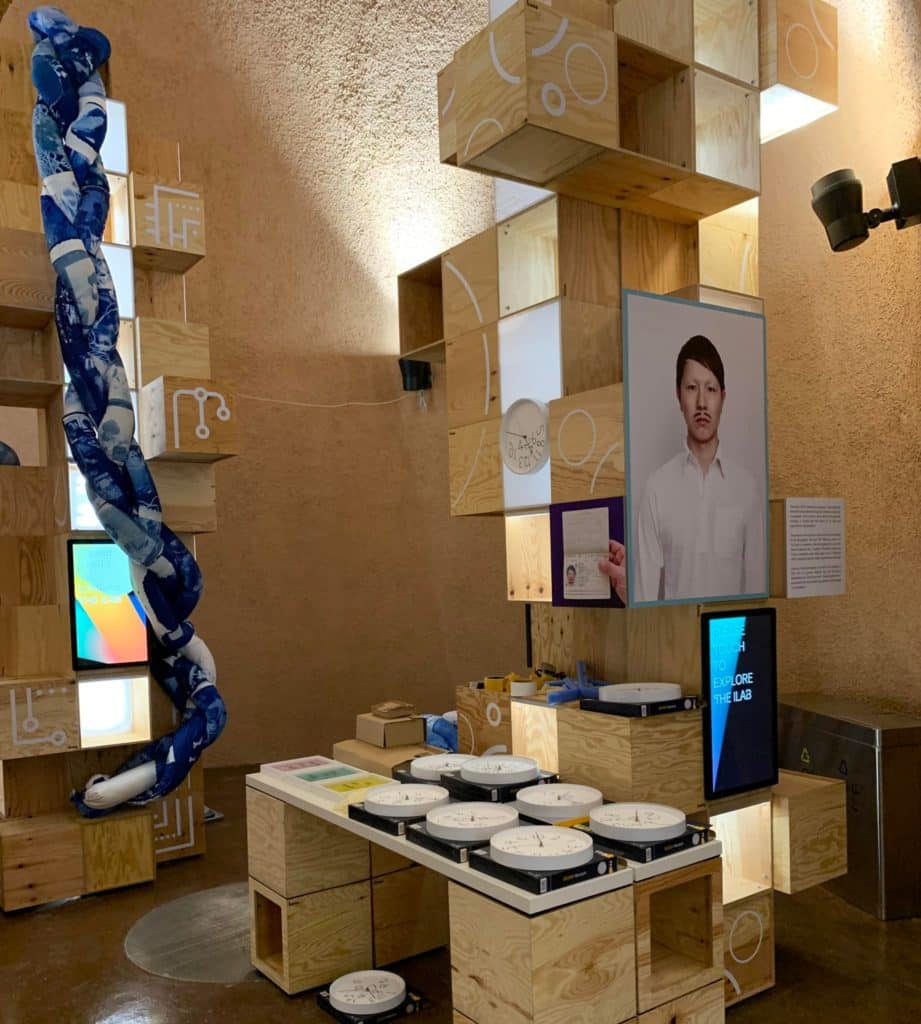
Austrian Pavilion in Dubai EXPO 2021-22
Anja Puntari, you are an artist but you also use art as an activator in your work as a Business Coach? Why use art outside its traditional context? What kind of value does it create?
AP: For many years I’ve been using contemporary art as a trigger to help people create emotional connections, to dig deeper and also to enable people and teams creatively. In this, art has an incredible power. It helps people to see a different point of view, it creates unexpected connections, and it also works as a vehicle that helps people talk and share their experiences and enter the conversation in a different way, I would say with less filters than normal conversation. It definitely has an effect on our emotions, so in a coaching or workshop session it makes space for our soft and less visible side to emerge. One methodological instantiation of this approach is “Knowledge huddles”, as mentioned by Guenter.
Guenter Koch, the project focuses on three main subjects: The future of Work, of Life and of Education. Why should we focus on these three areas right now? Why are they so urgent?
GK: As you mention the prominent subjects treated will be “The Future of Life”, i.e. the imagination what the conditions of our living will be, “The Future of Work” – especially interesting in view to dematerialized working conditions, and “The Future of Education” which will address how next generations will manage their learning and knowledge acquisition. I think we make the best choice by selecting these three topics, since in an accelerating and changing world the discussion of these subjects helps us best to be prepared for mastering our increasingly complex future.
Anja Puntari, you have been working with the development of organisations for many years. The future of work is also one of the main topics of the project. What kind of challenges do you see in the future of work? How can we relate to the changes in work? And what kind of thinkers did you bring to talk about the subject in the symposium?
AP: Yes, work really is changing and for certain aspects the future is already here. We are currently in the age of the fourth industrial revolution, a stage where technologies are blurring the boundaries between physical, digital and biological spheres of our existence. An age where living inside complex interdependent systems influences our everyday lives in an unprecedented manner.
From my perspective, work is changing in many different ways. I can nominate two areas that are especially “hot” right now.
First of all, the average lifespan of human beings has gone up in an exponential way in the last 200 years. The life expectancy of children born today in most Western countries is around 100 years of age. The health of the generations born right after the Second World War that are either already retired or about to retire is in many cases excellent. So one question we need to tackle is how can we use all the silver potential at hand, all these brilliant people in good health that would still have a lot to give. We live longer, but also the differences between different generations is much bigger than before, and this becomes an organisational challenge. In the workplace now, for the first time we have five different generations working together. Managing the difference between baby boomers and the Z generation is a true challenge for many organisations. How can companies handle this diversity in a constructive way and how do companies make people stay competent and able to face the challenges of the labour market in career paths that are becoming longer all the time?
Second, the post-coronavirus world is fluid and more than ever without barriers. The first passage of liquidity came with the first digital wave. The possibility of being connected from everywhere and at any time gave companies the possibility to develop completely new kinds of business strategies. The corona crisis made remote working a reality for millions of people, creating in a concrete way the need for professionals to manage their work in a completely different way than before. New competences like self-management, self-organization, and the ability to prioritize became skills to master at every level of the company. This also created a completely new need to develop a managerial style focused on performance and not on presence. What are the dangers of working remotely? How does the new way of working influence managerial approaches? What are the possibilities the globally connected context gives to the labour market?
In the Symposium we have artists, philosophers, entrepreneurs and policymakers who discuss the future of work. I think the only chance we have to face the current challenges is to bring very different perspectives and knowledge together to create a greater understanding of where we are going.
Want to know more?
